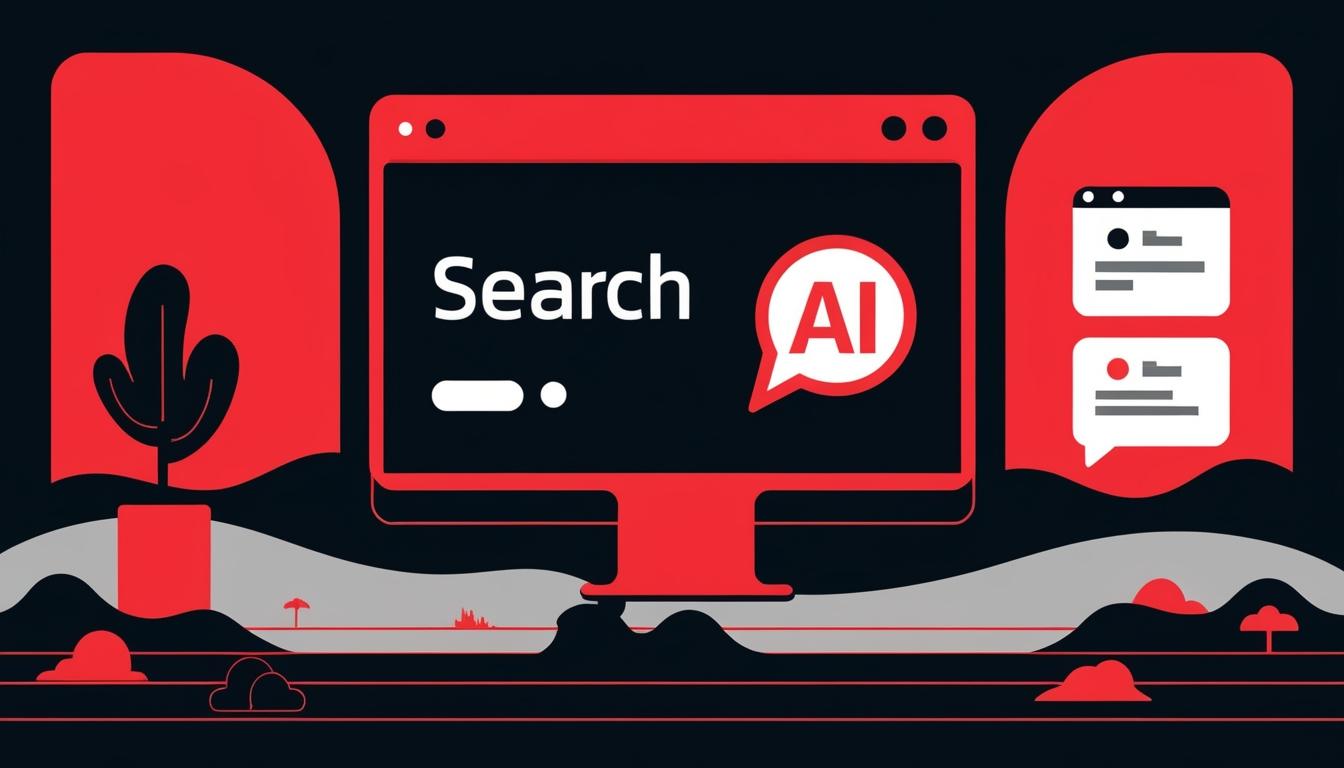As the digital landscape undergoes a significant transformation, the realm of search engines is poised at a crucial inflection point. The traditional method of information retrieval—where users input keywords to generate lists of relevant links—is being augmented by advancements in artificial intelligence (AI), particularly through generative models. This shift, outlined in a recent article from MIT Technology Review, marks one of the most substantial changes in how search engines operate since the 1990s.
Historically, searching for information on the internet has been dominated by straightforward queries leading to a compilation of links. However, the emergence of AI technologies now allows users to phrase their inquiries in natural language. These advancements mean that search engines are beginning to replace the conventional list of links with direct answers generated by AI systems that synthesise information from various live sources across the internet.
As Mat Honan observes in the MIT Technology Review, this transition is eliciting a range of responses from the public and industry stakeholders alike. While the potential for enhanced, conversational search capabilities excites many, apprehensions persist among traditional publishers regarding the implications for content visibility and revenue. Publishers are grappling with the possible erosion of their roles in an ecosystem where AI produces readily accessible information.
Moreover, there are concerns about the broader implications of this shift for collective knowledge and shared reality. As AI increasingly informs what information is presented, questions arise surrounding accuracy, bias, and the overall trustworthiness of AI-generated content.
The ongoing developments in AI automation are not just limited to search engines; businesses across various sectors are looking towards AI as a means to streamline operations, enhance customer engagement, and foster innovation. Industry forecasts suggest that the integration of AI technologies is set to reshape business practices radically, prompting organisations to reevaluate their strategies and operations.
As this evolution unfolds, stakeholders must navigate the balance between leveraging these powerful AI tools and addressing the crucial concerns surrounding privacy, accuracy, and the preservation of reliable information in a fast-evolving digital world. The coming years are likely to witness further advancements, as the impacts of AI become more deeply woven into the fabric of business and everyday life.
Source: Noah Wire Services
